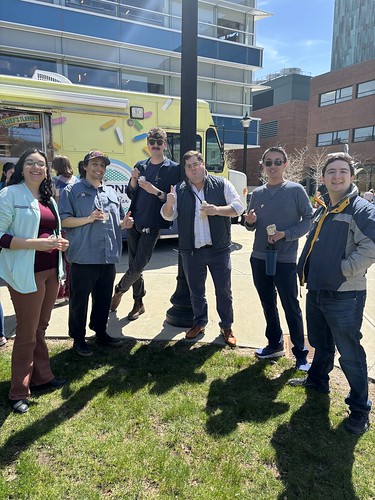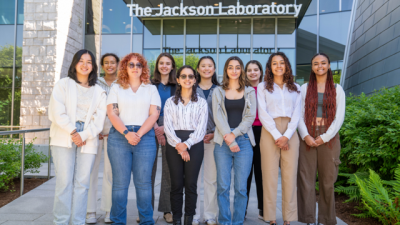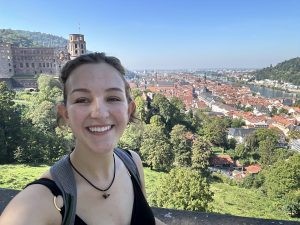Greetings Friends and Alumni:
Welcome to the 24/25 academic year! This Fall, we welcomed 16 new PhD students, 4 MS students, and 6 Professional MS students. All are settling into our classrooms and research labs. Our undergrad majors total ~500 and we are excited to announce the creation of a new MCB undergraduate scholarship for students majoring in MCB who demonstrate academic achievement and proven financial need. We are pleased to welcome two new faculty members to MCB Dylan Murray and Kristen Ramsey.
Our teaching mission continues to grow. This year UConn accepted its largest-ever incoming class of ~4500 first-year students. MCB majors now number ~550 and we contribute to the education of the greater than 1000 Biological Sciences students. We anticipate these numbers to continue to rise with the increased UConn enrollment. Many of our undergraduates participate in research and are awarded SURF funds to support their summer research.
In terms of research support, we continue to produce new grant proposals at a good rate, and as of July, these efforts have attracted additional major awards totaling more than $5.6 million and research expenditures of ~$7.5 million for FY24. Faculty continue to produce work that is translational, with several MCB research programs being supported by institutions and agencies working to transform our scientific discoveries into products, therapies, and diagnostics.
In this issue, we share the work of Ken Campellone who, along with undergraduates, is unlocking the secrets of aging in the new field of Geroscience. We are also excited to share recent research from the labs of Geo Santiago-Martinez and Rachel O’Neill. I am so proud of how hard our entire MCB community works to provide excellent educational opportunities for our students and the research each lab produces. This research enhances our understanding of our health and our world.



